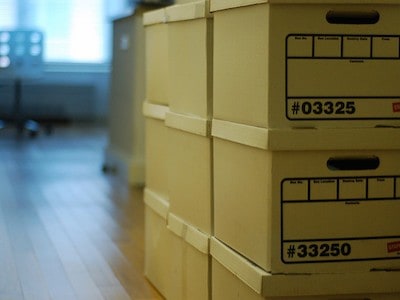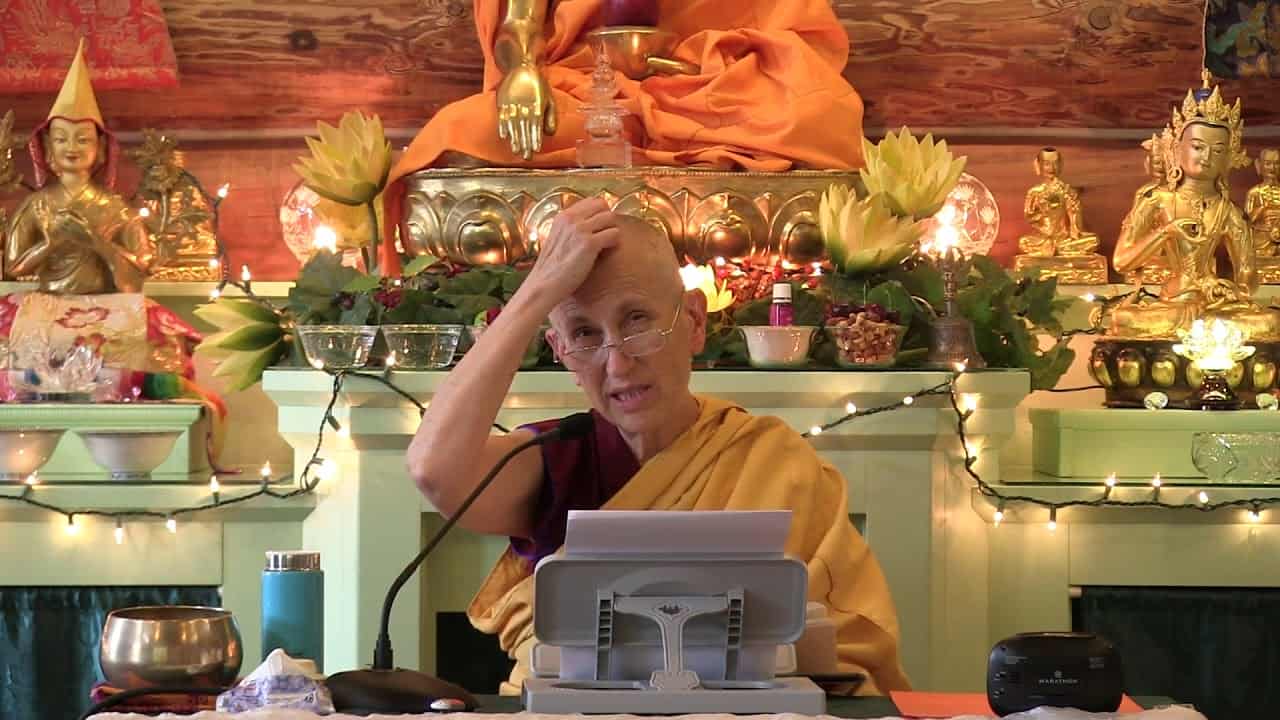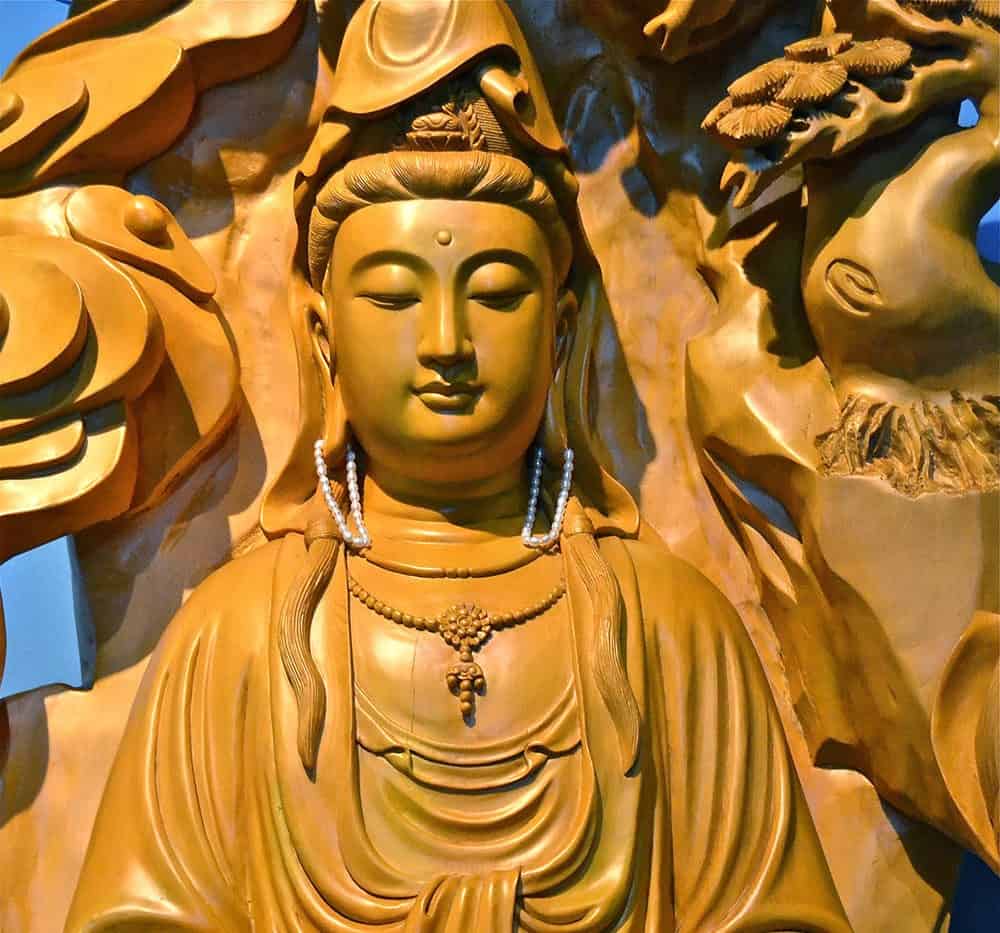There are no enemies

Like most ordinary sentient beings I have three boxes in which I place other ordinary sentient beings. There is the Friend box which is generally filled with most but not all family members and acquaintances. Fellow Dharma practitioners occupy that box. There is the Stranger box which is very large and includes most of the seven billion people on the planet who I don’t know and seldom think about. And then there is the Enemy box. Oh, that Enemy box. That one is tricky. As a Buddhist I realize these boxes are somewhat fluid. There have been people who have resided in each one of my boxes at certain times. Sometimes changing boxes quickly in the span of 24 hrs.
As a Mahayana practitioner I recognize that having these three boxes can be problematic. If I am ever going to develop bodhicitta, wishing to attain enlightenment for the benefit of all sentient beings, I will need to start with equanimity and then develop equal love and compassion for everyone. Having a box of strangers and enemies is not conducive to developing equanimity. My role model, His Holiness the Dalai Lama, quite obviously has only one box. He sees all strangers as long-lost friends. And as far as the Chinese who have inflicted great harm and suffering on him and the Tibetan people, he views them simply as suffering sentient beings who want happiness and are operating under the influence of tremendous ignorance, afflictions, and negative karma. He doesn’t look upon them as enemies, but as friends who need his understanding and compassion.
As my Dharma practice has progressed I find my Stranger box shrinking significantly. Understanding dependent arising and the kindness of others has allowed me to recognize the multitude of individuals on a global scale who do things that benefit me and my loved ones. Recently, I was eating some yummy grapes that I purchased at Costco. Looking at the container I discovered these grapes came from Chile! I was astonished how they could have found their way to my table and began reflecting on the vast number of sentient beings who were involved in the growing and distribution of this delicious treat. Surely, I benefit from the efforts of untold numbers of beings on this planet. So, can I really call them strangers? And shouldn’t I be concerned about them? As I was eating I said to myself silently, “Whoever you are that grew and picked these wonderful grapes may you be happy and not suffer.”
In an effort to dismantle my Enemy box I recently read a book entitled Strangers In Their Own Land by Arlie Russell Hochschild, a liberal sociologist from Berkeley, California. Like most politically liberal Americans my Enemy box was overflowing with right wing conservatives who see the world quite differently than I do. If it was any consolation, I knew that their Enemy box was also full of people the likes of me. If I was going to make any progress in my Dharma practice, I needed to do something about this.
How could I possibly empty a box of people who were doing such great harm to the very fabric of our country? At least, that’s how I viewed those people. My solution was to try and understand them. I figured if I could better understand the political right, maybe I could develop some empathy, compassion, and eventually equanimity. And that is exactly what Arlie Russell Hochschild did. Over a five-year period she spent time in St Charles, Louisiana, interviewing and becoming friends with many right wing, conservative, evangelical, Tea Party, Trump supporters. She went down there without an agenda except to try and understand the American Right. She approached everyone with humility and compassion and developed some good friendships in the process.
This book was the secret elixir I needed. I came away not necessarily agreeing with their views. In fact, I found their “logic” about many things like the environment quite faulty and paradoxical. But, at least, I was able to finally understand how they came to their conclusions. And, here comes the empathy. I admitted to myself that I might have the same world view if I had grown up in the same socio-economic and religious environment. We don’t necessarily have to agree with someone to have empathy, compassion, and equanimity towards them.
So, how is my Enemy box nowadays? I have severely rationed my intake of the news cycle. I watch just enough CNN to stay informed with what’s happening in the world but turn it off before my blood pressure starts to rise. The main thing I can do is vote in November and pray that kindness and compassion will be the winner. I realize this is samsara and the real enemies are my self-centeredness and self-grasping ignorance, not other sentient beings who are doing the best they can under the influence of ignorance, anger, and attachment.
Kenneth Mondal
Ken Mondal is a retired Ophthalmologist who lives in Spokane, Washington. He received his education at Temple University and University of Pennsylvania in Philadelphia and residency training at University of California-San Francisco. He practiced in Ohio, Washington and Hawaii. Ken met the Dharma in 2011 and attends teachings and retreats on a regular basis at Sravasti Abbey. He also loves to do volunteer work in the Abbey's beautiful forest.


